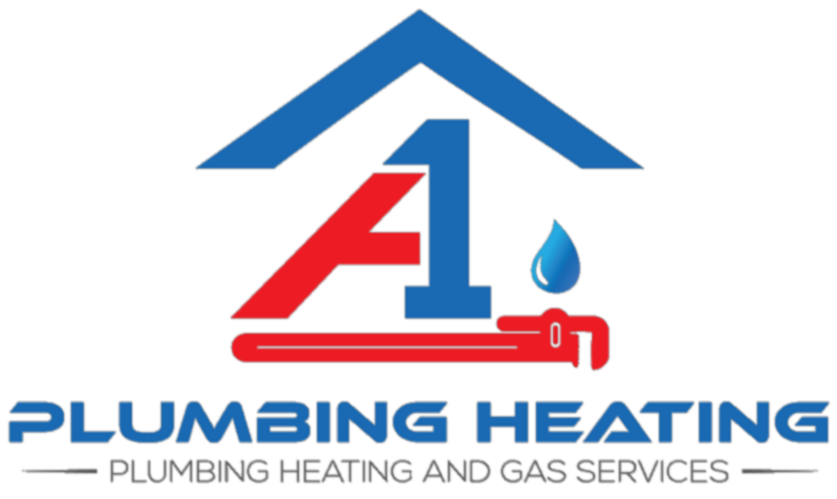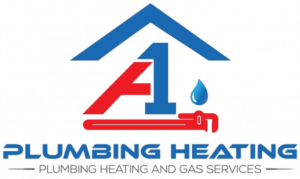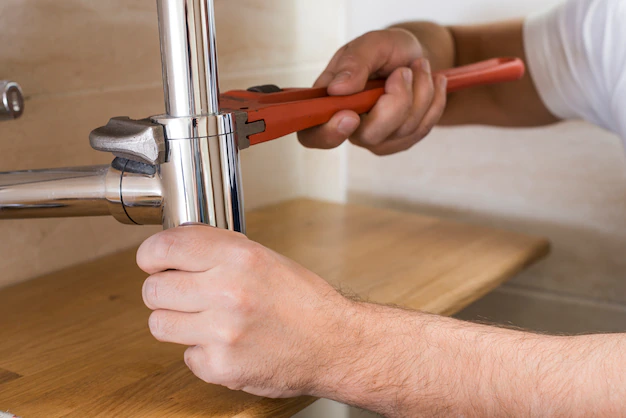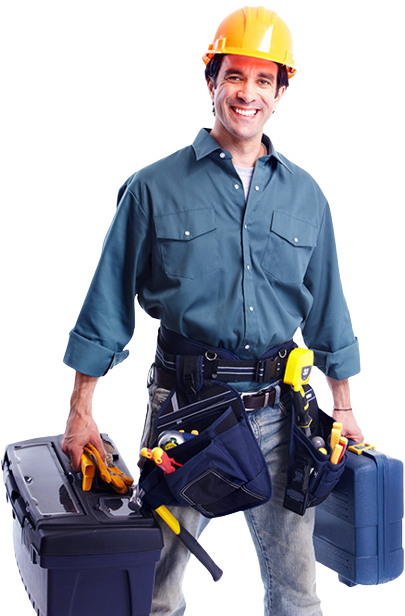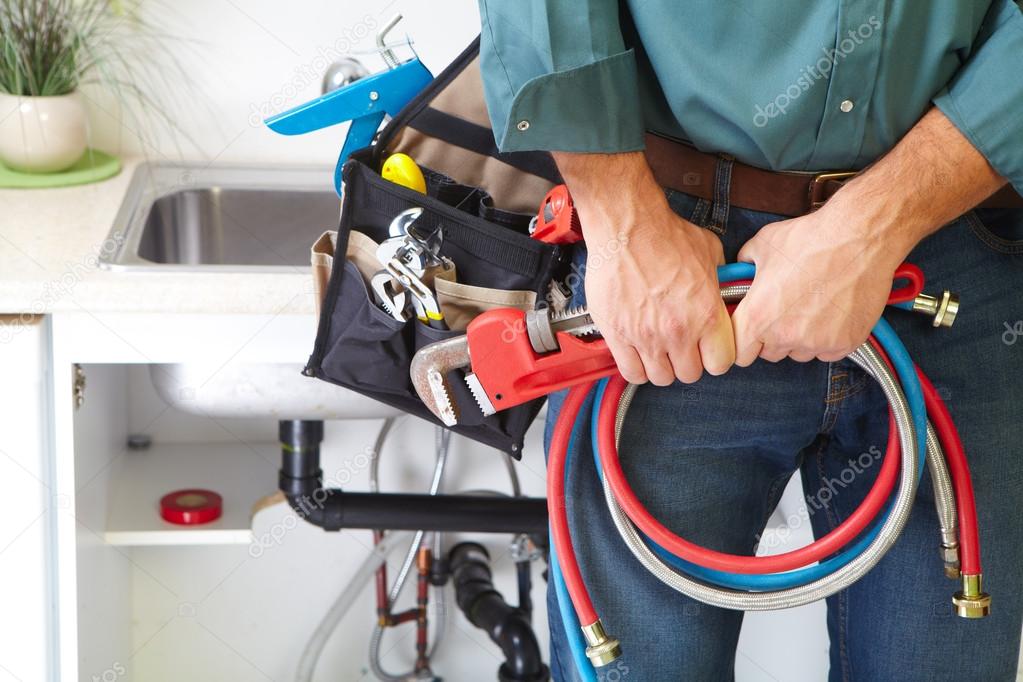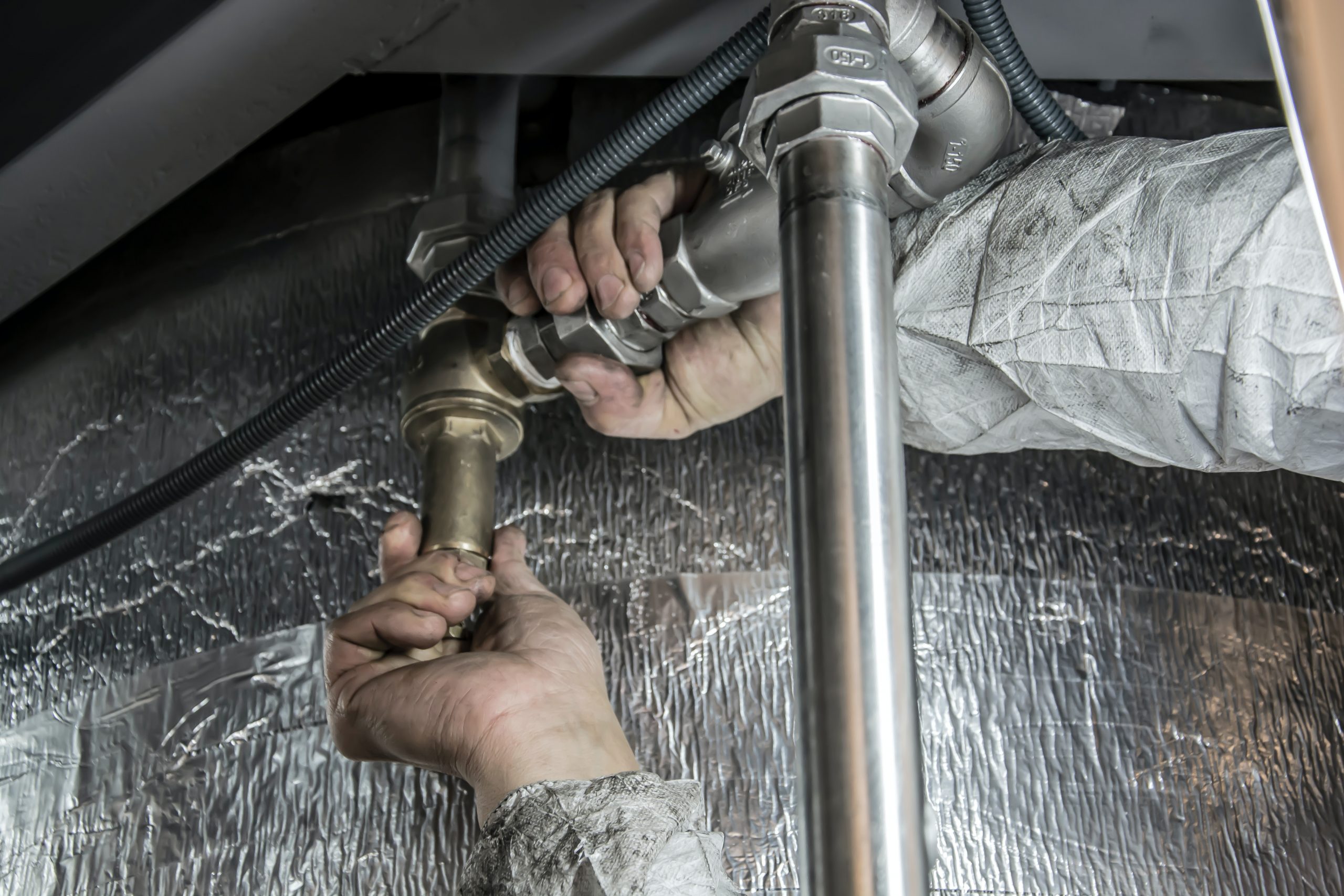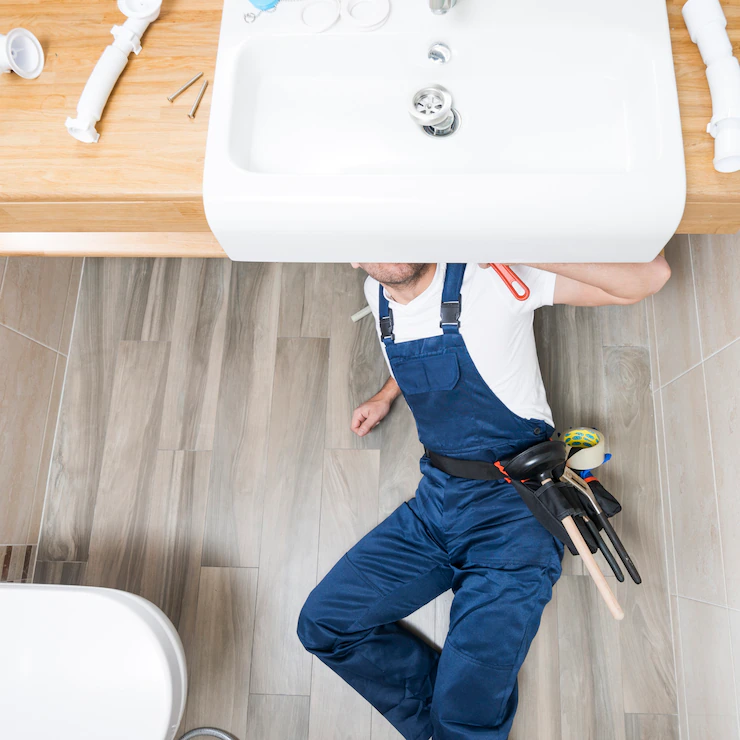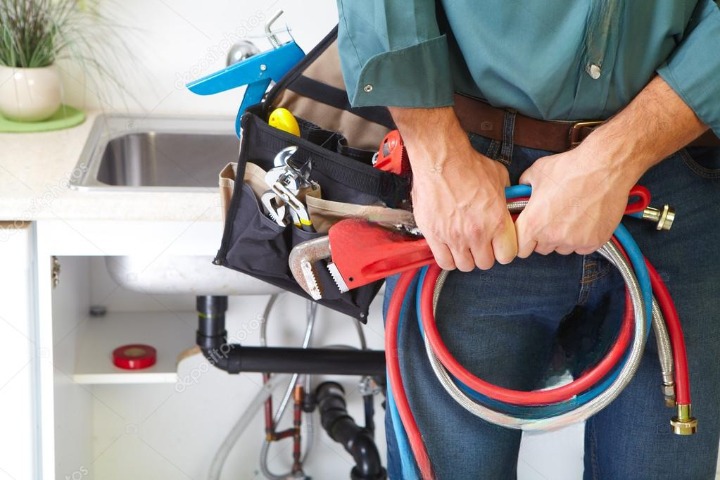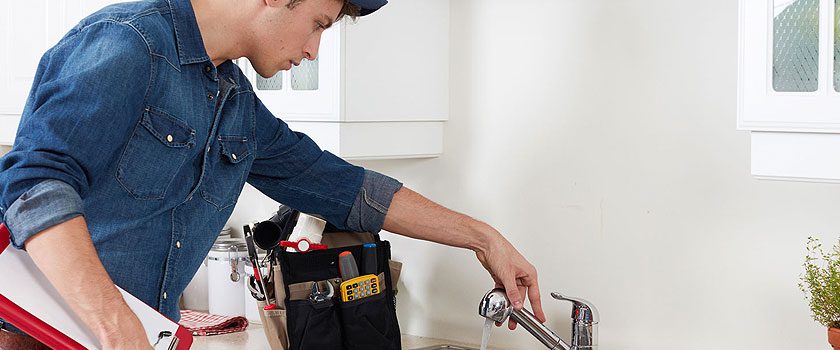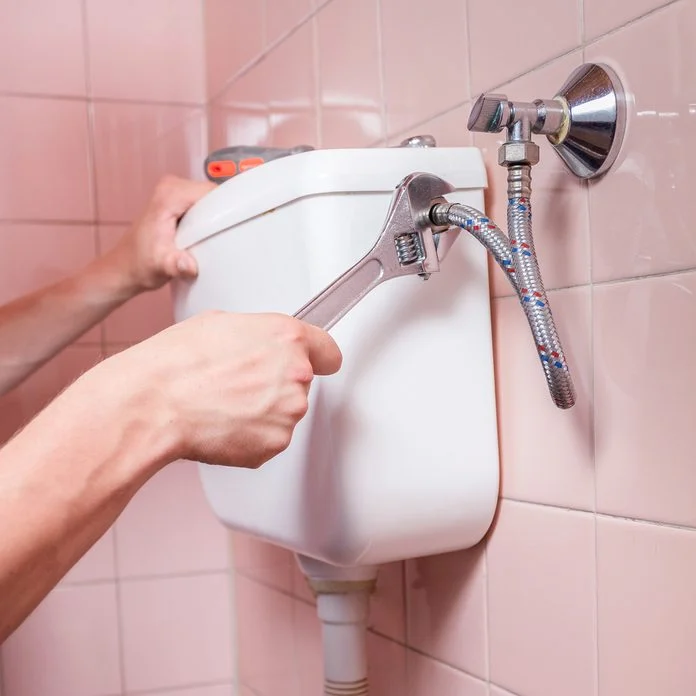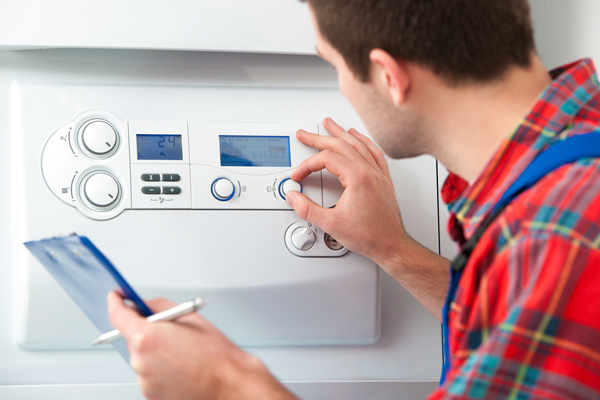Water quality is a vital aspect of our daily lives, impacting everything from health to the efficiency of our household appliances. In Bristol, as in many other places, water quality can be a subject of concern for residents. One particular issue that often arises is the hardness of water. This article explores the concept of water hardness, its implications, and whether investing in a water softener is necessary for Bristol residents.
Understanding Water Hardness
What Is Water Hardness?
Water hardness refers to the mineral content, primarily calcium and magnesium ions, present in your water supply. These minerals naturally find their way into water as it percolates through rock and soil. The more these minerals are present, the harder the water.
Measuring Water Hardness
Water hardness is typically measured in parts per million (ppm) or grains per gallon (gpg) in the United States. Water is categorized into the following levels based on its hardness:
- Soft Water: Less than 60 ppm or 3.5 gpg
- Moderately Hard Water: 61-120 ppm or 3.6-7.0 gpg
- Hard Water: 121-180 ppm or 7.1-10.5 gpg
- Very Hard Water: Over 180 ppm or 10.5 gpg
The Impact of Hard Water
1. Scale Buildup
Hard water can cause scale buildup in pipes, fixtures, and appliances. Over time, this scale accumulation can reduce water flow, decrease appliance efficiency, and lead to costly repairs.
2. Soap Scum and Reduced Lathering
Hard water doesn’t lather easily with soap, resulting in soap scum residue on dishes, glassware, and bathroom surfaces. It can also lead to using more soap for cleaning.
3. Stiff and Faded Laundry
Laundry washed in hard water can feel stiff, look dull, and have a shorter lifespan due to mineral deposits in the fabric.
4. Dry Skin and Hair
The minerals in hard water can strip natural oils from your skin and hair, leading to dryness, irritation, and dullness.
Is a Water Softener Necessary in Bristol?
The Benefits of a Water Softener
Investing in a water softener in Bristol can address the issues associated with hard water and offer several benefits:
1. Appliance Longevity
A water softener can extend the lifespan of your appliances, such as dishwashers, washing machines, and water heaters, by preventing scale buildup.
2. Improved Cleaning
With soft water, cleaning becomes more efficient, and you’ll use less detergent and soap. You can enjoy spotless dishes, cleaner laundry, and a more comfortable shower experience.
3. Energy Savings
Softened water allows appliances like water heaters to operate more efficiently, leading to potential energy savings and lower utility bills.
4. Healthier Skin and Hair
The use of soft water can contribute to healthier skin and hair, reducing dryness and irritation.
Water Softener Considerations
Before installing a water softener in your Bristol home, consider the following factors:
1. Water Hardness Level
Determine the hardness level of your water supply to assess the need for a water softener. You can request a water quality report from your local water provider or use a home water testing kit.
2. Water Usage
Consider your household’s water usage and the size and capacity of the water softener. Choose a system that meets your daily demands.
3. Maintenance
Water softeners require periodic maintenance, including replenishing the salt or resin, cleaning the brine tank, and occasionally servicing the unit. Factor in these maintenance requirements.
4. Environmental Impact
Some individuals are concerned about the environmental impact of water softeners due to the brine discharge. Explore options like salt-free or alternative systems if environmental concerns are a priority.
Conclusion
In Bristol, water quality concerns, particularly water hardness, are not uncommon. Whether you need a water softener depends on your water’s hardness level, personal preferences, and priorities. Installing a water softener can undoubtedly improve the quality of water in your home, extend the life of your appliances, and enhance your overall comfort. However, it’s essential to weigh the benefits against the costs and environmental considerations before making a decision. Ultimately, the choice of whether a water softener is necessary in Bristol is a personal one based on your unique circumstances and priorities.
